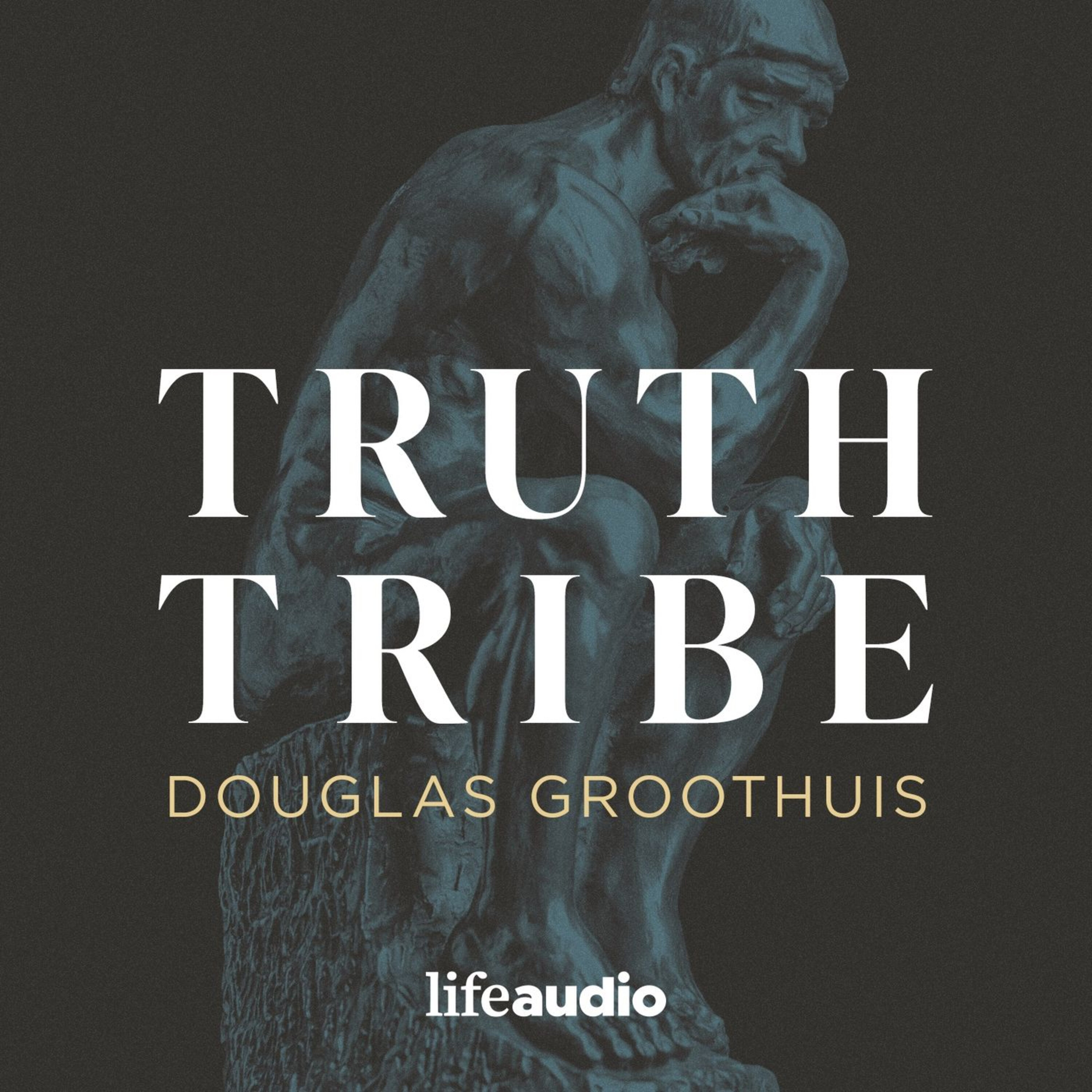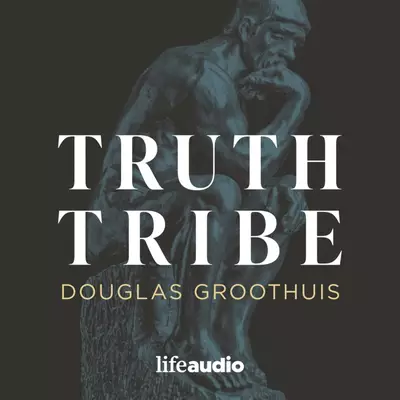Rethinking Race and Justice: A Conversation on Wokeness, American Ideals, & Abortion
We are sharing an episode of the Case for Life podcast, in which host Scott Klusendorf interviews Dr. Groothuis about his book "Fire in the Streets," which provides a comprehensive examination of critical race theory and its impact on contemporary society, often referred to as "wokeness."
Definition of Critical Race Theory
Dr. Groothuis defines critical race theory as an ideology rooted in neo-Marxism or cultural Marxism. It posits that society is divided into oppressors and the oppressed, with race being a primary factor in this dichotomy. According to CRT, the white race is seen as the oppressor, while people of color are viewed as the oppressed. This oversimplification fails to account for the complexities of individual experiences and achievements, particularly in the case of high-achieving individuals from minority backgrounds, such as many Asians in the United States.
Historical Context of Critical Race Theory
The rise of critical race theory can be traced back to the civil rights movement, but it has evolved into a more radical ideology that seeks to dismantle the existing social order rather than reform it. Dr. Groothuis highlights that figures like Derrick Bell and Kimberly Crenshaw have been influential in shaping CRT, which argues that systemic racism is ingrained in American society and institutions. This perspective contrasts sharply with the views of civil rights leaders like Martin Luther King Jr., who called for adherence to America's founding principles of equality and justice.
Standpoint Epistemology
A significant aspect of the discussion is the concept of standpoint epistemology, which suggests that knowledge and truth are determined by one's social identity, particularly for those who are oppressed. Dr. Groothuis warns that this perspective can lead to a dangerous relativism where the experiences of the oppressed are seen as the ultimate authority on truth. While it is essential to listen to marginalized voices, it does not grant them exclusive rights to define truth or knowledge in all contexts.
The Role of Free Speech
The podcast also addresses the implications of CRT on free speech. Dr. Grothuis argues that CRT is inherently hostile to free expression, as it often dismisses the viewpoints of those deemed part of the oppressor class. This creates an environment where dialogue is stifled, and only certain narratives are allowed to dominate the conversation. The idea that reason and logic can be tools of oppression further complicates discussions, as it undermines the foundation of rational discourse.
What Is Intersectionality?
Intersectionality, a term coined by Kimberlé Crenshaw, is another critical concept discussed in the episode. It refers to the overlapping social identities that contribute to an individual's experience of oppression. For example, a Black woman may be seen as triply oppressed due to her race, gender, and sexual orientation. However, Dr. Groothuis emphasizes that this does not make her an expert on all issues related to those identities, and it does not negate the need for objective analysis and discussion.
Implications for the Pro-Life Movement
Finally, the conversation touches on the implications of critical race theory for the pro-life movement. Dr. Groothuis points out that if one accepts the premise of CRT, the unborn can be viewed as part of the oppressed class, particularly in light of the disproportionate rates of abortion among Black women. This perspective challenges the narrative that prioritizes bodily autonomy over the rights of the unborn, suggesting that a true commitment to justice would involve advocating for the lives of all individuals, including those yet to be born.
Conclusion
The podcast episode with Dr. Groothuis provides a thorough examination of critical race theory and its implications for society, free speech, and the pro-life movement. By understanding these concepts, listeners are better equipped to engage in meaningful discussions about race, justice, and the moral principles that underpin American society.
Douglas Groothuis, Ph.D., is a Professor of Philosophy at Denver Seminary and the author of nineteen books, including Fire in the Streets (a critique of critical race theory or wokeness) and Christian Apologetics: A Comprehensive Case for Biblical Faith.
Find more from Dr. Groothuis at www.DouglasGroothuis.com.
Discover more Christian podcasts at lifeaudio.com and inquire about advertising opportunities at lifeaudio.com/contact-us.



Website: https://www.DouglasGroothuis.com
